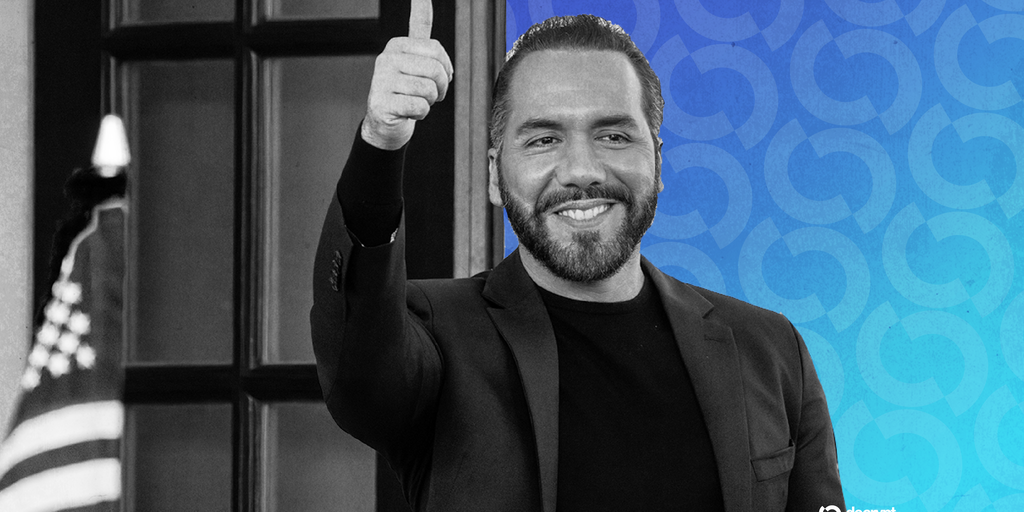
The Bitcoin Experiment in El Salvador
Four years ago, El Salvador made headlines by becoming the first country in the world to adopt Bitcoin as legal tender. Spearheaded by President Nayib Bukele, this bold economic experiment put the Central American country on the global stage, attracting praise from crypto enthusiasts and scrutiny from international organizations such as the International Monetary Fund (IMF).
President Bukele’s Bitcoin Strategy
President Bukele has championed Bitcoin as a cornerstone of El Salvador’s economic policy. Publicly, he asserts that he’s been purchasing one Bitcoin per day to bolster the nation’s Bitcoin Reserve Fund, even claiming to buy additional quantities during special events. For example, in celebration of the fourth anniversary of the Bitcoin Law, Bukele announced the purchase of 21 BTC, worth over $2.3 million. According to blockchain data, government-linked Bitcoin wallets are reportedly growing by this daily rate, with significant activity traced to major cryptocurrency exchanges like Binance and Bitfinex.
IMF Challenges and Transparency Concerns
Despite Bukele’s proclamations, the IMF—a key financial partner of El Salvador—paints a different picture. According to the IMF, under an agreement finalized in late 2024 for a $1.4 billion development grant, El Salvador’s government has scaled back its Bitcoin experiment. IMF officials argue that the nation’s Bitcoin holdings have not increased and movements in the Bitcoin Reserve are due to fund reallocations rather than fresh purchases.
Blockchain analytics firms add further complexity. Some experts suggest that Bitcoin transfers linked to El Salvador might not represent new purchases. Instead, these transactions could involve dormant crypto held in exchange wallets, routed to the country’s Bitcoin Reserve for public appearances. This ambiguity underscores a critical issue: a lack of transparency in managing national resources.
Analysts and Public Criticism
Critics argue that more open and professional handling of Bitcoin resources would benefit the Salvadoran people. James Bosworth, CEO of analytics consultancy Hxagon, shared concerns about potential “wash trades” and crypto asset mismanagement obscuring El Salvador’s real fiscal health. Transparency, Bosworth suggests, should have been a priority from the outset of this experiment, ensuring public trust and safeguarding resources.
Bukele’s Defiance
Despite critics and institutional pressures, Bukele remains resolute. In a fiery post on X (formerly Twitter) earlier this year, he refuted claims that El Salvador’s Bitcoin strategy has hit a roadblock. “No, it’s not stopping,” he declared, emphasizing his government’s commitment to Bitcoin as a long-term investment. His rhetoric appeals to crypto libertarians and enthusiasts but continues to draw skepticism from analysts and traditional banking entities.
El Salvador’s Path Forward
The nation’s Bitcoin experiment raises broader questions about integrating cryptocurrency within national economies. Could this bold financial gamble drive economic transformation, or will it impose burdens on taxpayers? Only time will reveal whether Bukele’s unprecedented bet will pay off.
For those intrigued by the potential of Bitcoin in personal finance, consider exploring Ledger Nano X, a secure, portable cryptocurrency wallet designed to store and manage Bitcoin and other digital assets safely.






